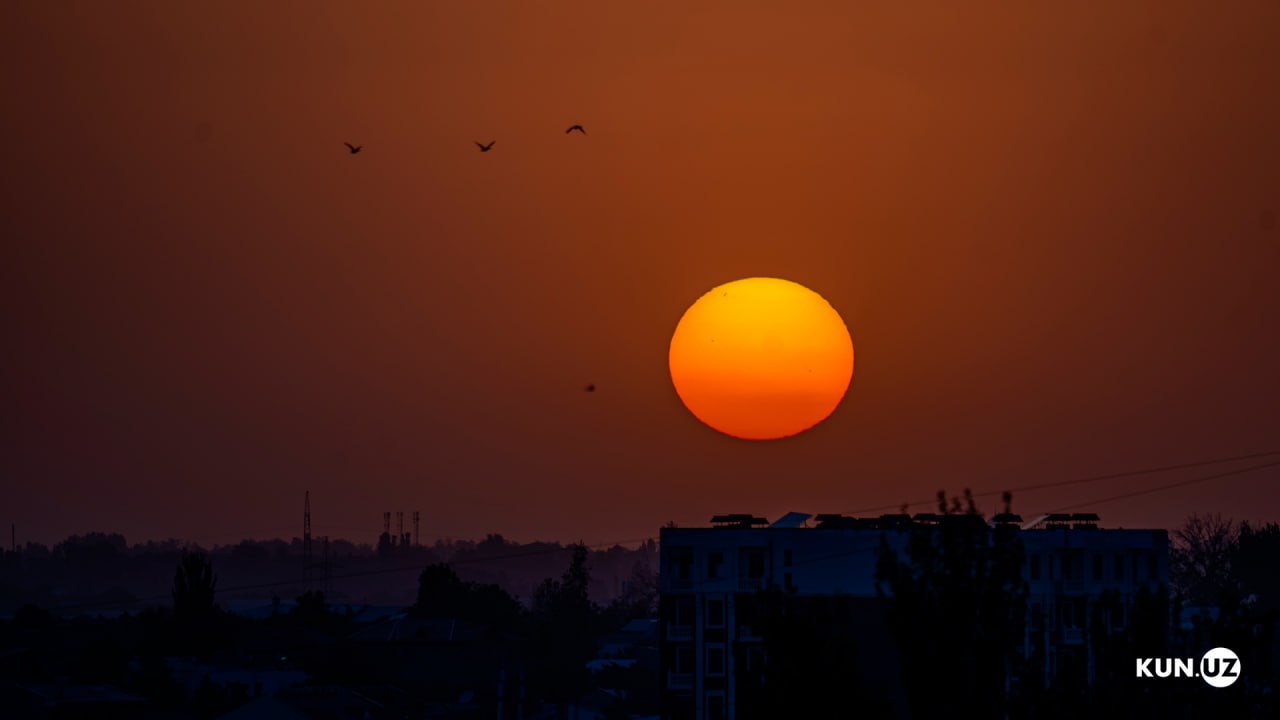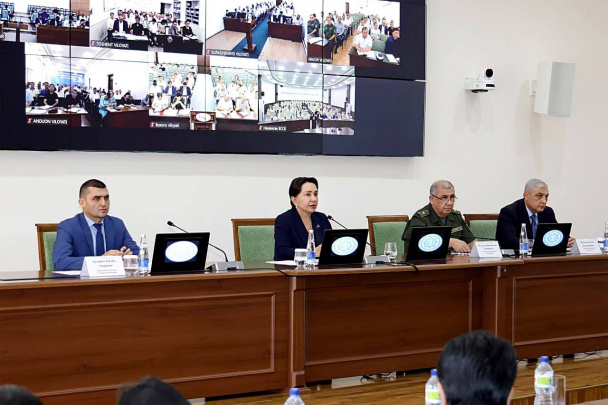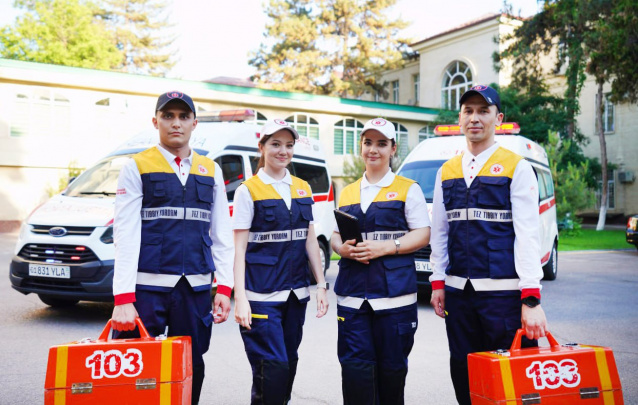Health Ministry issues heat safety tips amid record temperatures
From 17 to 19 July, extremely hot air masses from the south are expected to sweep across Uzbekistan.

Photo: Kun.uz
On 17 July, temperatures in the north, south, and desert regions are forecast to reach 40–43°C. From 18 to 20 July, most of the country will experience similar heat, with temperatures rising to 44–45°C in some parts of the southern and desert areas.
In light of this, the Ministry of Health has issued important recommendations to help the public stay safe.
“During extreme heat, children, the elderly, pregnant women, and those with chronic illnesses must be especially mindful of their health,” said Abduqayum Tokhtaqulov, head of the Ministry’s Environmental Diplomacy Department. “High temperatures place extra strain on the body’s thermoregulation system.”
This added stress can worsen existing chronic conditions or cause heat-related illnesses such as heat exhaustion or heatstroke – both of which can be life-threatening.
Hot weather particularly affects the cardiovascular system. It increases heart rate and blood pressure, while the body expends more energy trying to regulate its internal temperature. As a result, people sweat excessively, raising the risk of dehydration. To prevent this, certain precautions are strongly advised.
Stay indoors during peak heat hours
Avoid being outdoors between 12:00 and 16:00 – the hottest part of the day when sun exposure is at its peak. If going outside is necessary, walk in shaded areas, use an umbrella, and try to schedule activities for early morning or evening when it’s cooler.
Keep indoor spaces cool
Keeping homes cool is equally important. Close windows and curtains on sun-facing sides during the day, and ventilate rooms by opening windows at night when the air is cooler. Limit the use of heat-emitting appliances like ovens, washing machines, and dryers during peak heat hours.
Wear light and breathable clothing
Choose loose-fitting, breathable clothing made from natural fabrics like cotton or silk. Avoid synthetic materials and opt for light-colored garments, which reflect sunlight more effectively.
Protect your head and eyes
When going outside, wear a wide-brimmed hat and UV-protective sunglasses. Protecting the head from direct sunlight is crucial, as excessive exposure can lead to heatstroke by overheating the brain.
Cool down safely
Taking frequent cool showers or baths can help lower body temperature, but avoid using very cold water – the sudden temperature shift can shock the body and even lead to pneumonia. Water at room temperature or slightly cooler is best. Applying a damp towel or cloth to the head and neck can also provide effective relief.
Avoid heavy physical activity
Engaging in strenuous labor or sports during extreme heat increases the risk of dehydration, fatigue, and heatstroke. It also puts added strain on the heart and blood vessels, raising the likelihood of heart attacks or strokes in people who are not physically prepared.
Exercising in air-conditioned indoor facilities is recommended. Listen to your body during workouts, take frequent breaks, and stay hydrated. If you experience dizziness, nausea, or extreme fatigue, stop immediately.
Individuals with chronic health conditions such as hypertension, heart disease, or obesity should consult a doctor before engaging in any physical activity during periods of intense heat.
Related News

10:51 / 16.07.2025
Health Minister calls for release of Namangan doctors jailed in measles epidemic controversy

20:31 / 07.07.2025
Heatwave triggers nearly 250,000 emergency calls across Uzbekistan

18:19 / 07.07.2025
June 2025 among the hottest and driest on record — Uzhydromet

15:54 / 24.06.2025



